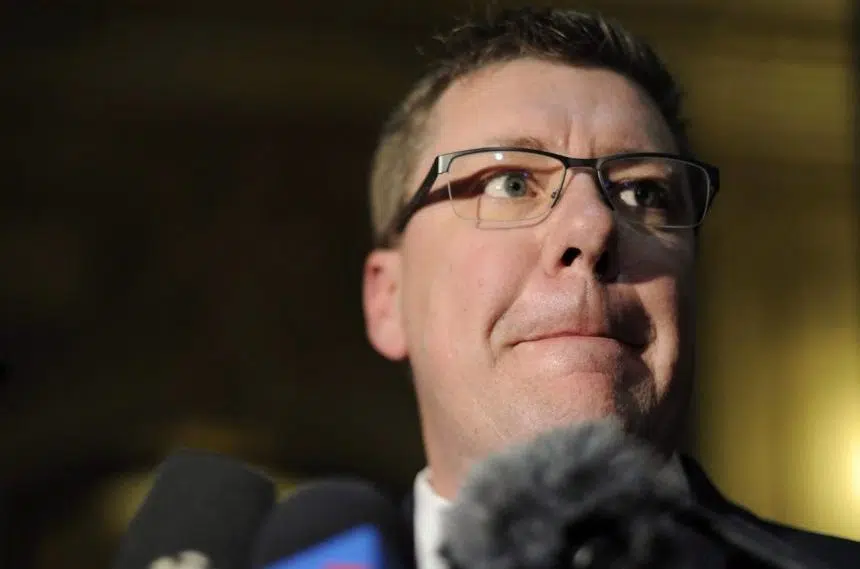While reflecting on this past week’s Council of the Federation, Saskatchewan Premier Scott Moe called the meeting of provincial and territorial leaders a success — but he still described national unity as a fragile peace.
Speaking with 980 CJME’s John Gormley on Friday, Moe was asked about Alberta Premier Jason Kenney’s comments that national unity remains under threat.
“Conversations about national unity in Saskatchewan are virtually identical to those in Alberta,” Moe said. “There’s great concern we continue to contribute to the equalization program, which is a program that is fair across the nation when you allow us to develop our resources.”
The premier said he doesn’t believe people in Saskatchewan want to separate, as those in Alberta have mused about. But people get angry when Ottawa gets in the way of industries that allow the province to make those transfer payments.
“When you start to disallow … us to maintain wealth we are creating in our mining sector, in our energy sector, even in agriculture to some degree, you start to have some frustration on the streets,” Moe said.
While sharing the same stage this week, Quebec Premier Francois Legault stated that while he’d support a gas pipeline running through his province, there is no “social acceptability” for one carrying oil.
That was a point where premiers had to agree to disagree, with Moe saying the courts have been clear that jurisdiction over pipeline approval belongs to the federal government.
“The federal government has always been the approval body for pipelines. That’s why we have a National Energy Board, not a bunch of provincial energy boards,” he said.
“If we just watch what is happening with the TMX pipeline, that federal, national authority is playing out. The B.C. government has taken this case (to the courts). They had a unanimous defeat there with all of the judges siding with the fact that it is the federal government’s authority. It will go on to the Supreme Court and I expect the same decision.”
Applying those developments to a possible pipeline headed east, Moe said it’s not Quebec’s decision if a proponent arises.
“It will also be under federal jurisdiction and Quebec can talk about it, they can intervene in the court cases just like B.C. is, but at the end of the day, it will be the federal government that will decide whether there will be a pipeline that goes east,” he said.
Moe said the premiers didn’t disagree on everything. He said they’ve all pledged to support the federal government’s efforts to build trade relationships abroad.
As well, they also plan to host a mental health care symposium in the future.
“(The purpose is) to ensure we have a platform to share what has worked, what hasn’t worked. This is a conversation that is going to be increasing in importance as we go through the next number of years,” Moe said.







